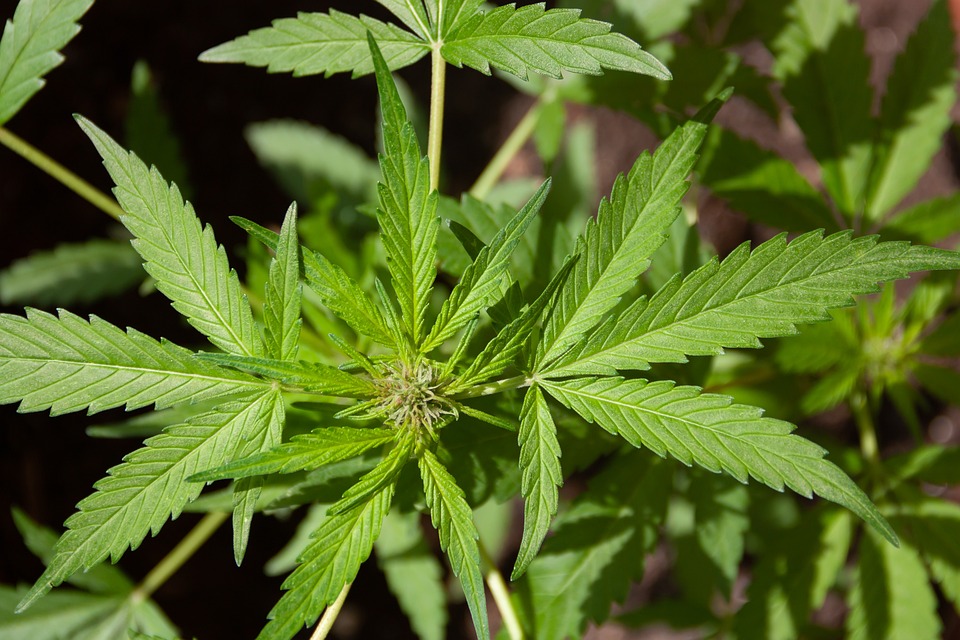Introduction
Hemp is a versatile crop that has been used for thousands of years for various purposes, including food, clothing, and building materials. In recent years, there has been a resurgence of interest in growing hemp due to its potential as a sustainable and environmentally friendly alternative to traditional crops. However, like any agricultural crop, there are both pros and cons to growing hemp that farmers and policymakers need to be aware of. In this article, we will explore the advantages and disadvantages of growing hemp.
Pros of Growing Hemp
1. Environmental Benefits
Hemp requires minimal pesticides and herbicides to grow, making it a more environmentally friendly crop compared to other traditional crops. Additionally, hemp plants absorb large amounts of carbon dioxide, helping to reduce greenhouse gas emissions and mitigate climate change.
2. Versatility
Hemp can be used to produce a wide range of products, including food, clothing, paper, and building materials. This versatility makes hemp a valuable crop for farmers looking to diversify their revenue streams.
3. Health Benefits
Hemp seeds are a rich source of protein, fiber, and essential fatty acids, making them a nutritious addition to the diet. Hemp oil extracted from the seeds is also used for its anti-inflammatory and antioxidant properties.
4. Economic Opportunities
Growing hemp can provide new economic opportunities for farmers and local communities. The demand for hemp products is on the rise, creating a potential market for hemp farmers to tap into.
Cons of Growing Hemp
1. Legal Challenges
Despite the growing interest in hemp, there are still legal challenges surrounding its cultivation and production. In some countries, hemp is classified as a controlled substance, making it difficult for farmers to grow it legally.
2. Crop Regulation
Due to the association of hemp with marijuana, there are strict regulations governing the cultivation and harvesting of hemp crops. Farmers need to comply with these regulations to avoid penalties and legal issues.
3. Market Instability
The market for hemp products can be volatile, with prices fluctuating based on demand and supply. This can make it challenging for farmers to establish a stable income stream from growing hemp.
4. Limited Research
There is still limited research on the best practices for growing hemp, which can make it challenging for farmers to optimize their crop yields. More research is needed to fully understand the potential of hemp as a crop.
Conclusion
Overall, growing hemp has both pros and cons that farmers need to consider before deciding to cultivate this crop. While hemp offers environmental, health, and economic benefits, there are also legal, regulatory, and market challenges that need to be addressed. With the right policies and support, hemp has the potential to be a valuable crop for sustainable agriculture and economic development.
FAQs
Q: Is growing hemp legal in all countries?
A: No, the legal status of hemp cultivation varies by country. It is important for farmers to check the regulations in their region before growing hemp.
Q: What are the main uses of hemp?
A: Hemp can be used to produce food, clothing, paper, building materials, and even biofuels.
Q: How can farmers mitigate the risks of growing hemp?
A: Farmers can mitigate risks by diversifying their crops, staying informed about market trends, and following best practices for hemp cultivation.
[ad_2]
